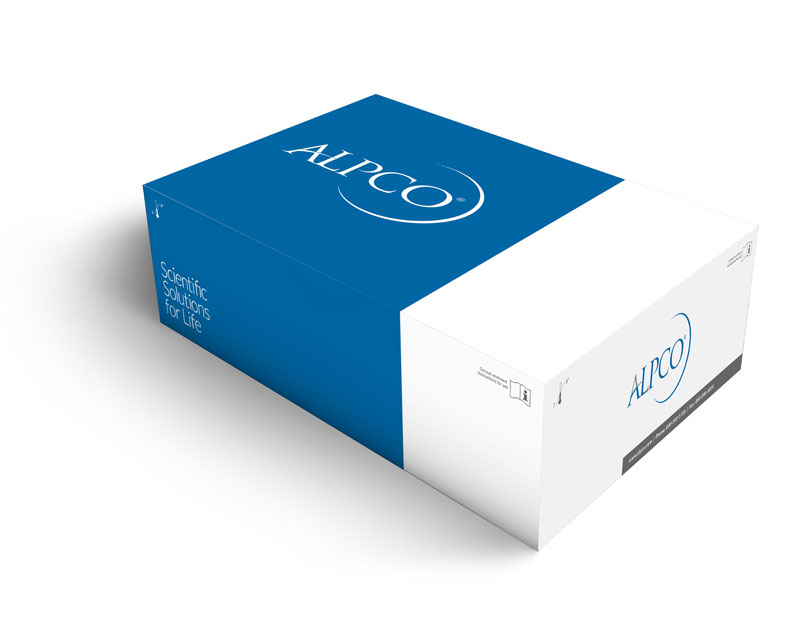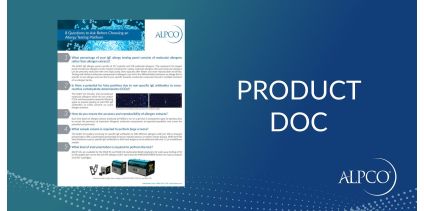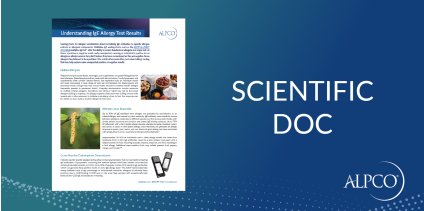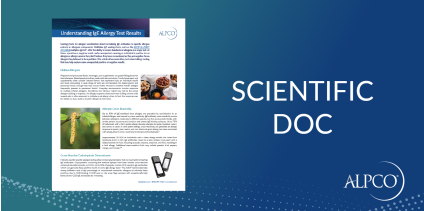OxyStat ELISA
$705.00
Catalog
04-BI-5007
The OxyStat ELISA measures the total peroxide concentration in EDTA-Plasma and Serum, utilizing a simple assay procedure. The peroxide concentration is determined by reaction of the Biological peroxides in the sample with peroxidase and a subsequent color reaction using TMB as substrate. Results show a direct correlation between free radicals and circulating biological peroxides, thus allowing for the characterization of the oxidative status in biological samples.
For Research Use Only. Not for Use in Diagnostic Procedures.
For Research Use Only. Not for Use in Diagnostic Procedures.
Species
Human
Regulatory Status
Research Use Only. Not for Use in Diagnostic Procedures.
Product Distribution
Available in North America Only
Range
Cut-off
Sensitivity
7 µmol/L
Sizes
96 Wells
Sample Types
Plasma, Serum
Inc Time Minute
15
Inc Time Overnight
No
Inc Time See Protocol
No
Sample Size
10
Detection
Colorimetric
Cells and tissues are sensitive to oxidative stress, caused by the formation of free radicals. If not deactivated by
antioxidants, organic peroxides and hydroperoxides are the first reaction products between cellular constituents and
free radicals or other reactive oxygen derivates.
The determination of the oxidative status / oxidative stress is essential in today's medical research and diagnostics.
Methods used so far were either expensive (HPLC), or detected only degradation products of polyunsaturated fatty
acids, like TBARS (thiobarbituric acid reactive substances).
The Biomedica OxyStat assay measures the total peroxide concentration of a sample, utilizing a quick and simple
assay procedure. Results show a direct correlation between free radicals and circulating biological peroxides and
thus allow the characterization of the oxidative status in biological samples.







